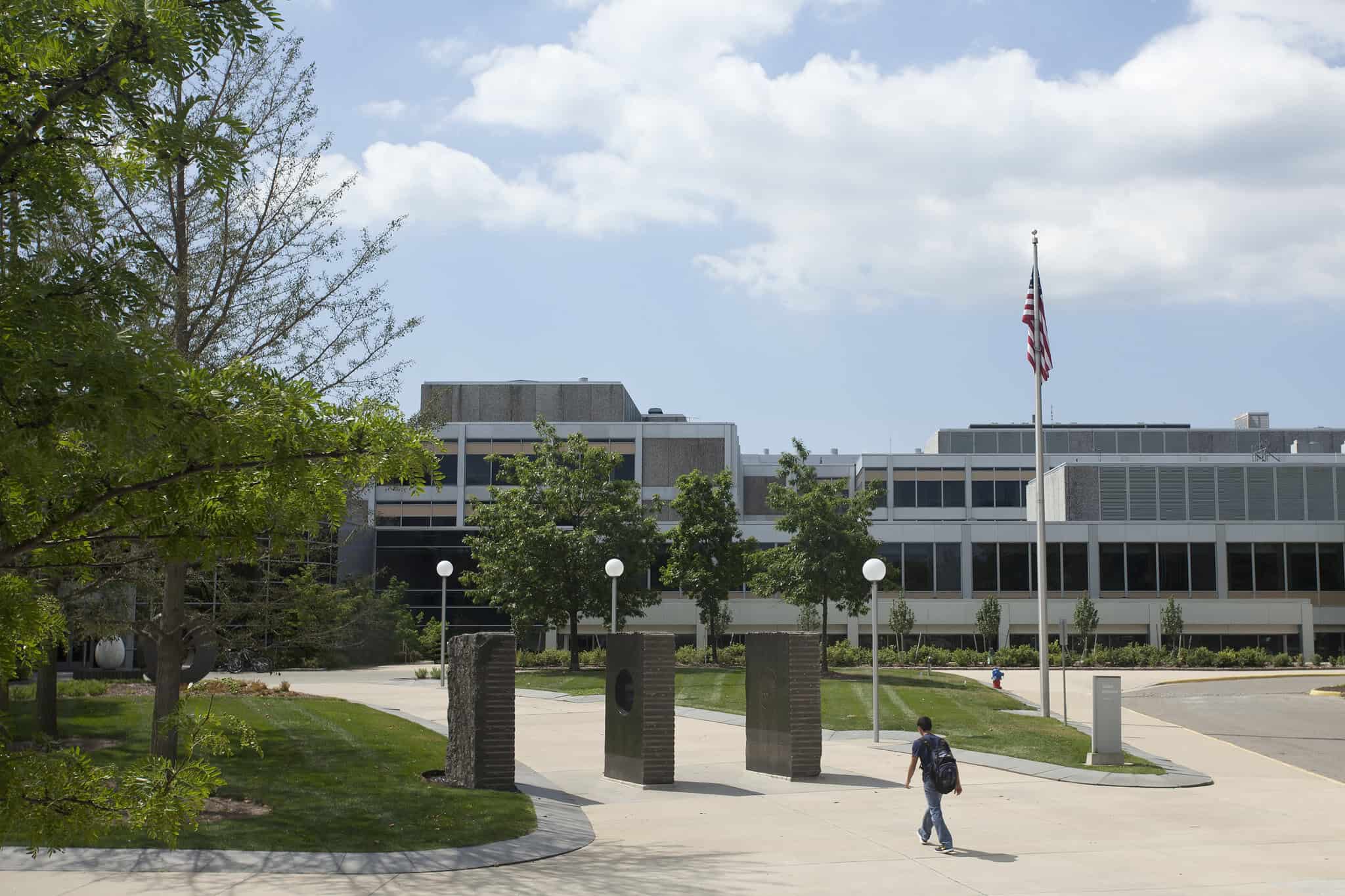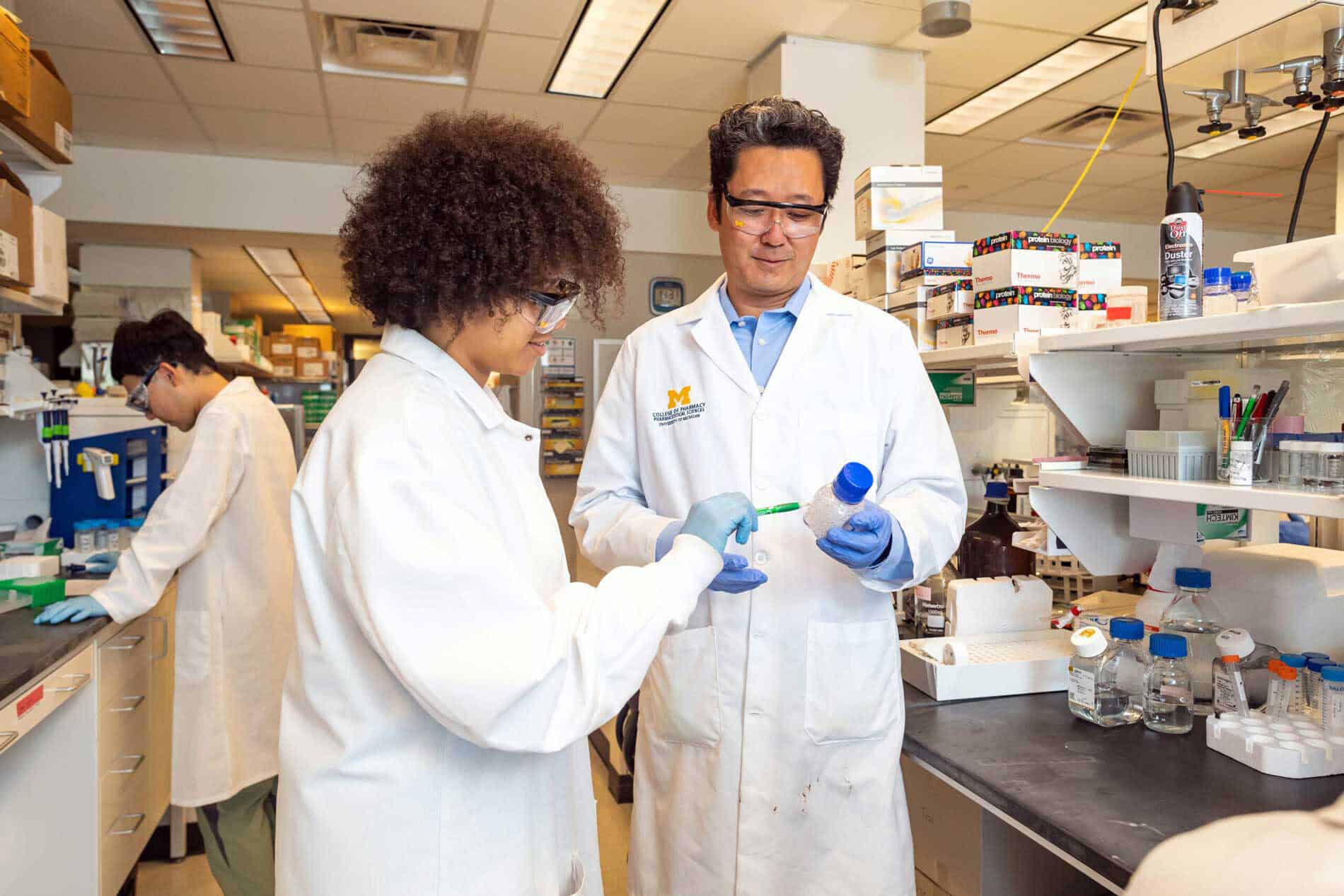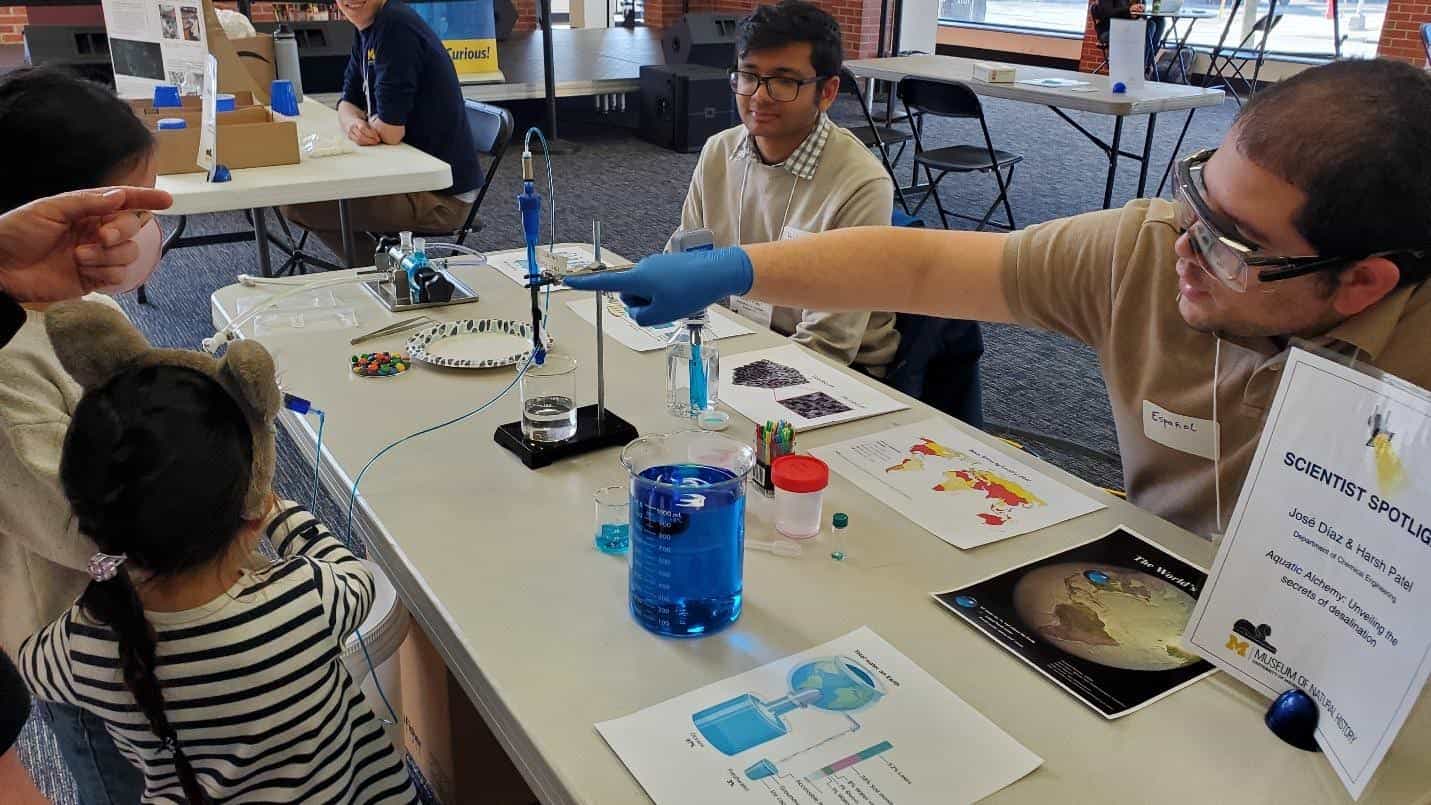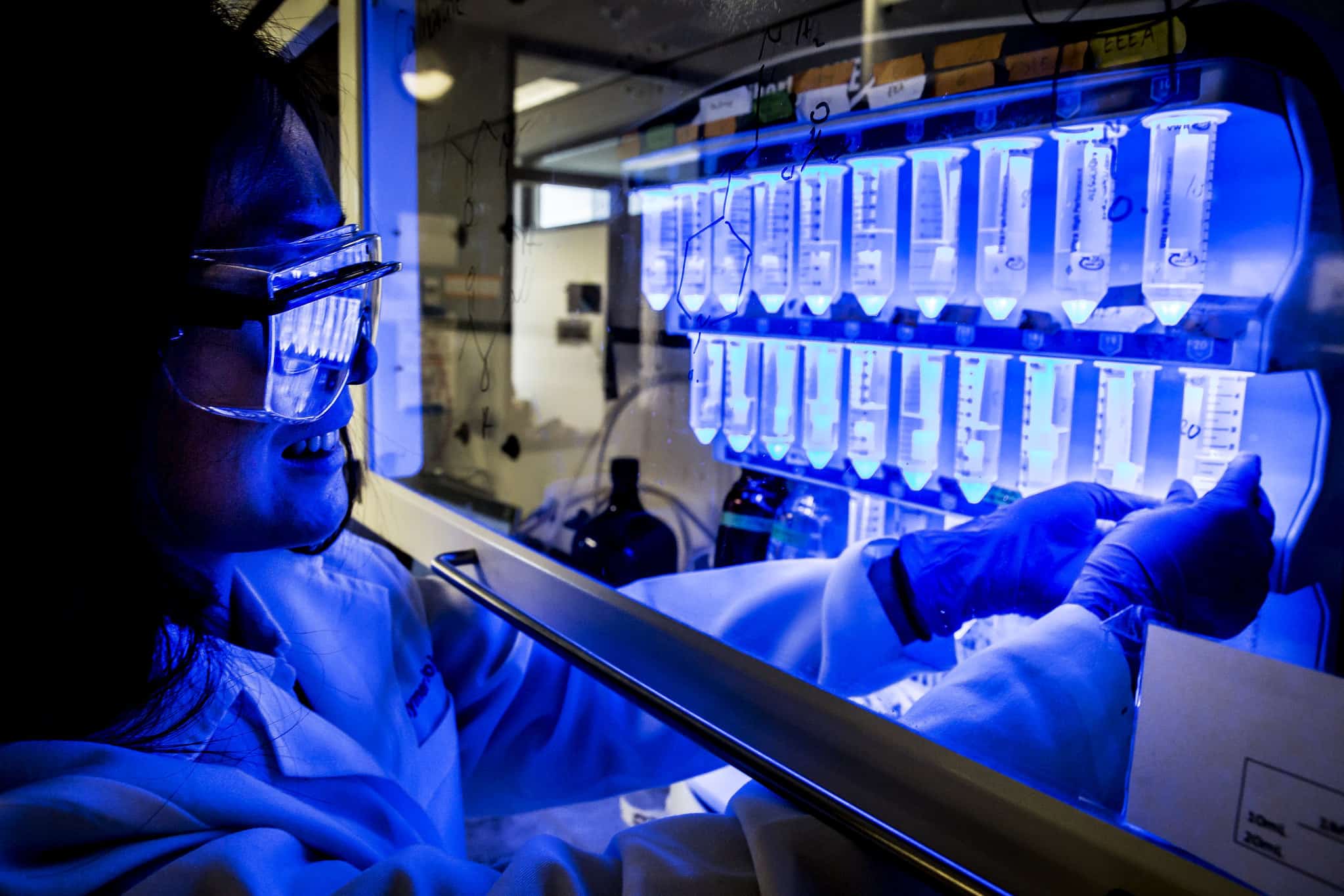
Chemical Engineering
ENGINEERING MATTER TO CHANGE THE WORLD
#7
Chemical Engineering Graduate Program in the U.S. News & World Report Ranking
(2024-2025)
#11
Chemical Engineering Undergraduate Program in the U.S. News & World Report Ranking
(2023-2024)
#7
Michigan Engineering ranked 7th Best Engineering School by U.S. News & World Report (2023-2024)
OUR PROGRAMS
Transform matter into solutions to society’s greatest challenges from the future of medicine to powering a sustainable society. Chemical engineers are developing and implementing creative solutions that help to improve the human condition.
UNDERGRADUATE
GRADUATE
RESEARCH
Michigan chemical engineers are developing lab-on-a-chip devices to do genetic analysis and biomolecule synthesis. We are improving drug delivery and medical imaging by studying how molecules move and distribute throughout the body.
We are driven by the challenge: how to power the modern world without polluting it. We are leaders in taking a molecular-level approach to designing distributed, sustainable systems that solve energy and environmental problems on a global scale.
We are leading a revolution in transformative material design, from atomically precise manufacturing to predictive, bio-mimicking, programmable nanomaterials. These materials, precisely designed and manufactured on demand, will impact life across the world and make the impossible, possible.
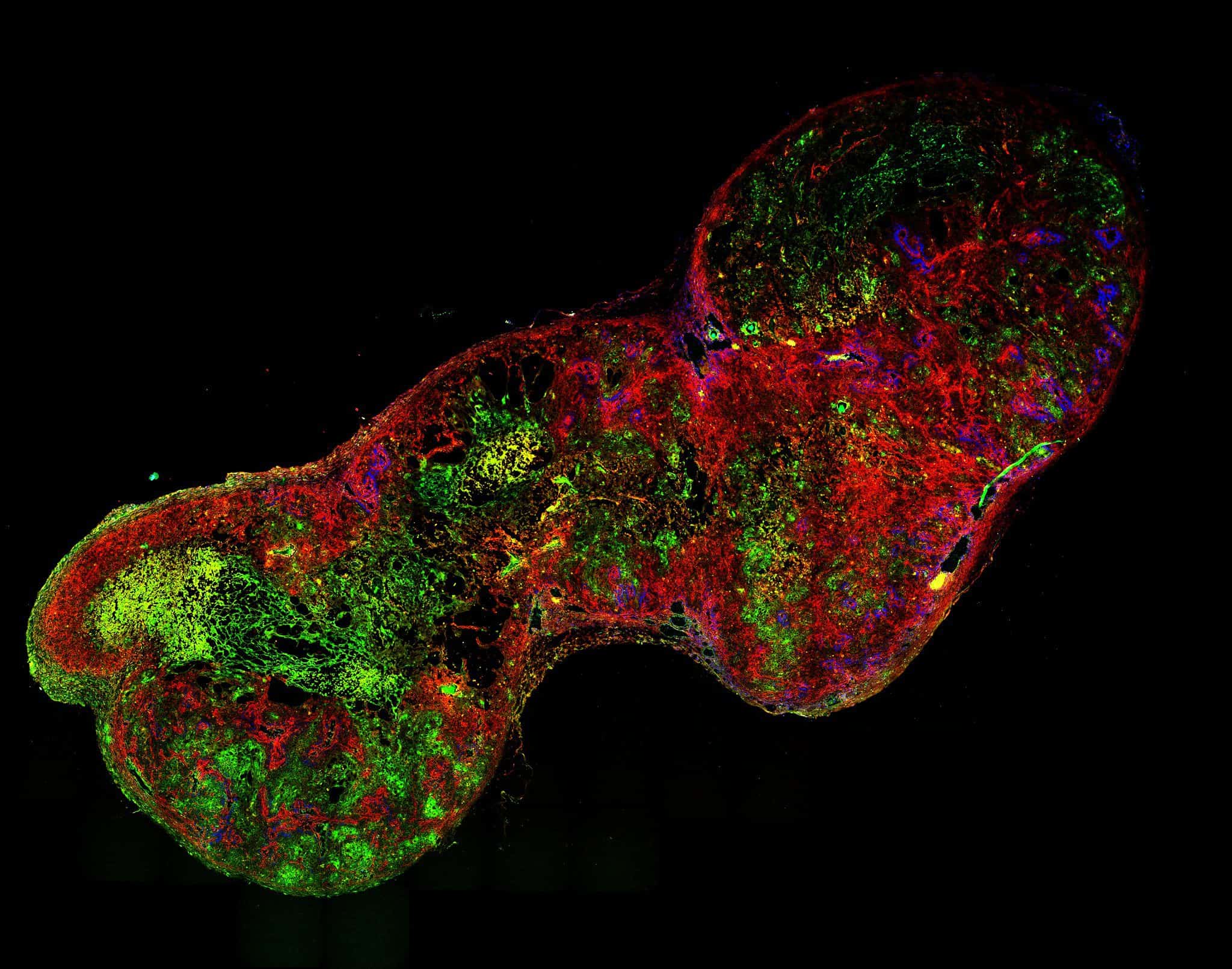
NEWS
-
Chemical Engineering students receive NSF graduate fellowship awards
Three Michigan Chemical Engineering students have been selected to receive the National Science Foundation (NSF) Graduate Research Fellowship.
